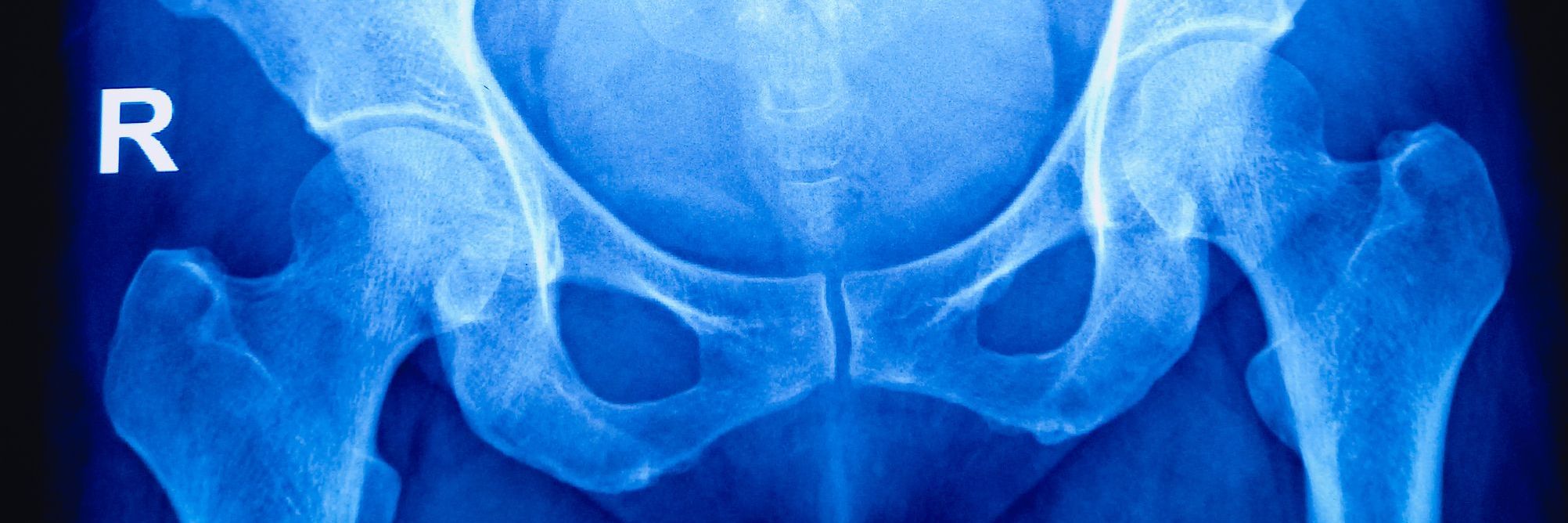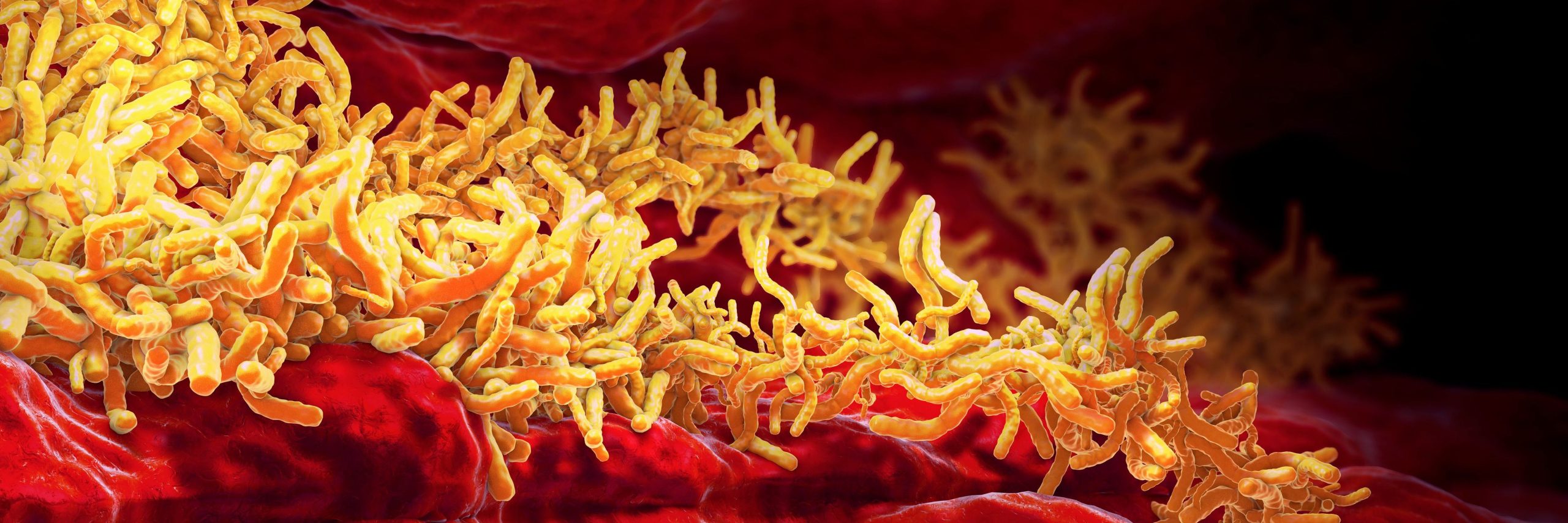Runmei Li
National Clinical Research Center for Cancer, Tianjin Medical University Cancer Institute and Hospital, Tianjin, China; Tianjin’s Clinical Research Center for Cancer, Tianjin, China; Key Laboratory of Cancer Prevention and Therapy, Tianjin, China; Key Laboratory of Cancer Immunology and Biotherapy, Tianjin, China; Department of Immunology, Tianjin Medical University Cancer Institute and Hospital, Tianjin, China; Department of Biotherapy, Tianjin Medical University Cancer Institute and Hospital, Tianjin, China; Department of Biotherapy, Tianjin Medical University Cancer Institute and Hospital, Tianjin, China; National Clinical Research Center for Cancer, Tianjin Medical University Cancer Institute and Hospital, Tianjin, China.
Dong Zhang
National Clinical Research Center for Cancer, Tianjin Medical University Cancer Institute and Hospital, Tianjin, China; Tianjin’s Clinical Research Center for Cancer, Tianjin, China; Key Laboratory of Cancer Prevention and Therapy, Tianjin, China; Key Laboratory of Cancer Immunology and Biotherapy, Tianjin, China; Department of Immunology, Tianjin Medical University Cancer Institute and Hospital, Tianjin, China.
Baozhu Ren
National Clinical Research Center for Cancer, Tianjin Medical University Cancer Institute and Hospital, Tianjin, China; Tianjin’s Clinical Research Center for Cancer, Tianjin, China; Key Laboratory of Cancer Prevention and Therapy, Tianjin, China; Key Laboratory of Cancer Immunology and Biotherapy, Tianjin, China; Department of Immunology, Tianjin Medical University Cancer Institute and Hospital, Tianjin, China; Department of Biotherapy, Tianjin Medical University Cancer Institute and Hospital, Tianjin, China.
Shui Cao
National Clinical Research Center for Cancer, Tianjin Medical University Cancer Institute and Hospital, Tianjin, China; Tianjin’s Clinical Research Center for Cancer, Tianjin, China; Key Laboratory of Cancer Prevention and Therapy, Tianjin, China; Key Laboratory of Cancer Immunology and Biotherapy, Tianjin, China; Department of Immunology, Tianjin Medical University Cancer Institute and Hospital, Tianjin, China; Department of Biotherapy, Tianjin Medical University Cancer Institute and Hospital, Tianjin, China.
Li Zhou
National Clinical Research Center for Cancer, Tianjin Medical University Cancer Institute and Hospital, Tianjin, China; Tianjin’s Clinical Research Center for Cancer, Tianjin, China; Key Laboratory of Cancer Prevention and Therapy, Tianjin, China; Key Laboratory of Cancer Immunology and Biotherapy, Tianjin, China; Department of Immunology, Tianjin Medical University Cancer Institute and Hospital, Tianjin, China; Department of Biotherapy, Tianjin Medical University Cancer Institute and Hospital, Tianjin, China.
Yanjuan Xiong
National Clinical Research Center for Cancer, Tianjin Medical University Cancer Institute and Hospital, Tianjin, China; Tianjin’s Clinical Research Center for Cancer, Tianjin, China; Key Laboratory of Cancer Prevention and Therapy, Tianjin, China; Key Laboratory of Cancer Immunology and Biotherapy, Tianjin, China; Department of Immunology, Tianjin Medical University Cancer Institute and Hospital, Tianjin, China; Department of Biotherapy, Tianjin Medical University Cancer Institute and Hospital, Tianjin, China.
Qian Sun
National Clinical Research Center for Cancer, Tianjin Medical University Cancer Institute and Hospital, Tianjin, China; Tianjin’s Clinical Research Center for Cancer, Tianjin, China; Key Laboratory of Cancer Prevention and Therapy, Tianjin, China; Key Laboratory of Cancer Immunology and Biotherapy, Tianjin, China; Department of Immunology, Tianjin Medical University Cancer Institute and Hospital, Tianjin, China.
Xiubao Ren
National Clinical Research Center for Cancer, Tianjin Medical University Cancer Institute and Hospital, Tianjin, China; Tianjin’s Clinical Research Center for Cancer, Tianjin, China; Key Laboratory of Cancer Prevention and Therapy, Tianjin, China; Key Laboratory of Cancer Immunology and Biotherapy, Tianjin, China; Department of Immunology, Tianjin Medical University Cancer Institute and Hospital, Tianjin, China; Department of Biotherapy, Tianjin Medical University Cancer Institute and Hospital, Tianjin, China; National Clinical Research Center for Cancer-Translational Research Center for Cell Immunotherapy, Department of Cancer Immunology and Immunotherapy, Tianjin Cancer Hospital Airport Hospital, Tianjin, China. Electronic address: renxiubao@tjmuch.com.













